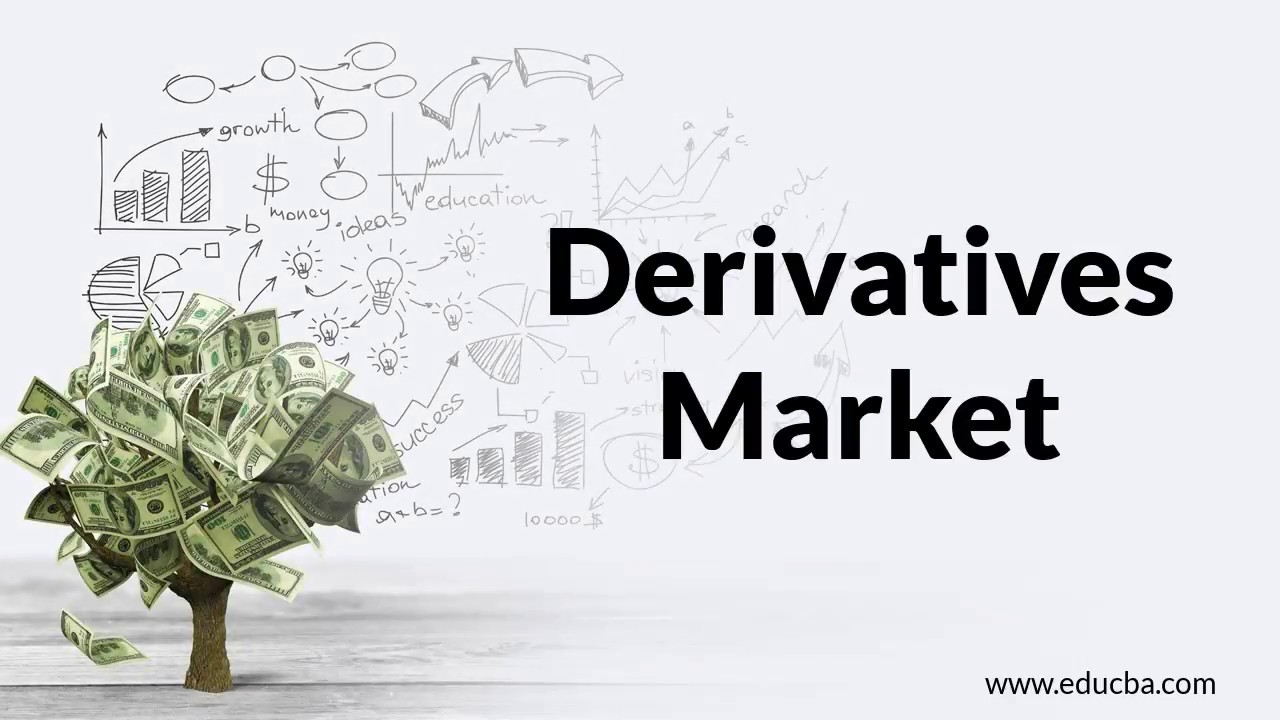How Meesho became Unicorn Company - Its Valued 2.1Billion USD
December 7, 2025
December 21, 2025,3:46:57 AM

Friends, I now intend to take you through a FACINATING Journey of the world of Derivative Markets.
Futures and Options are two forward contracts in the gleeful domain of the Derivative Markets.
Let me explain briefly the two wonderful concepts of futures and options, in layman’s language, before I venture to deliberate on them, in detail.
In a Futures Contract, for example, a person enters into a legally binding contract, either to buy or sale a commodity, based on the current market price and his expectation of the future prices, in order to protect himself from price fluctuations and with an intention to benefit himself from the prevailing circumstances.
For example, if a farmer expecting to harvest his crop after, say 2 months feels that the price from the present level of Rs.200/- may rise to Rs.300/-, may buy the same at the present level of Rs.200/- and enter into a forward contract to sell at Rs.300/-, 2months later. He need not have to take immediate delivery and make immediate payment under the present contract, but also protect himself from adverse price fluctuations.
The options contracts dear friends are even more fascinating and arouse great curiosity. I will dwell into greater details, after a little while.
A Derivative, my dear friends, is a financial instrument whose value depends on the value of the underlying variables, which might be stocks, fixed-income securities, derivative exchange or commodities. The most popular derivative is a Forward Contract.
Friends, a forward contract is an agreement to buy or sell an asset, at a certain price and at a certain future date. These are dealt with by the parties individually and are not traded on any exchange. These contracts are useful to trades and are routed through middlemen. Irrespective of whether, either the purchaser or seller defaults, the middleman has to perform the contract. The presence of an institution brings in stability in the system and lowers the transaction costs, to the parties to the contract. The buyers take a LONG position and the sellers take a SHORT position, in the contract.
A FUTURES CONTRACT, my friends, is an agreement between two parties, to buy or sell a certain asset, after a specified period, during a specified period of time at a specified price. These contracts are regarded as the refined version of a forward contract. Futures are contracts that are traded on an exchange like any other security. Futures are usually used, in order to hedge against a probable risk. A farmer producing wheat may sell a futures contract and a baker may buy a futures contract as they may not wish to take chances of adverse movement in prices.
As futures are traded on an exchange the terms of a futures contract such as quality, quantity, expiration month, delivery terms, delivery dates, minimum and maximum price, trading hours and days are standardized to facilitate easy trading by the parties to the contract.
In Futures trading it is requisite for both the parties to the contract, to deposit some marginal amount equal to a certain percentage of the underlying asset value with the broker who in turn deposits it with the exchange. This amount is known as Initial Margin. A certain percentage usually 75% of the Initial Margin, known as Maintenance Margin is to be present in the account.
This differs with the exchange. The initial margin depends on price volatility of the underlying asset. A gain or loss on the account is computed on a daily basis. In the event of a fall below the maintenance margin, the broker asks the account holder to deposit an amount to restore the margin to the level of the initial margin. This additional money deposited is known as Variation Margin. Such a demand for additional money is called Margin Call.
Cash price or the spot price is the price of a commodity for immediate delivery in the market. On the other hand, a futures price is the price of futures contract determined by the trades based on the demand and supply of the undertaking asset. There could be different cash prices for a single commodity at any one point of time at different locations. The differences are due to the variations in costs associated with transport, taxes etc.
The buyer of a futures contract, who has the obligation to buy the goods at a later date can sell the contract in the futures market which relieves him or her of the obligation to purchase the goods. Likewise the seller of a futures contract who is obligated to sell the goods at a later date can buy the contract back in the futures market, relieving him or her of the obligation to sell the goods. Futures contracts are traded on organized exchanges.
The condition in which the delivery prices of futures exceed the future cash prices is known as CONTANGO.
Hedging is the opposite of speculation and is undertaken in order to eliminate an existing physical price risk by taking a compensating position in the futures market. Speculators look for the risk that hedgers are willing to avoid. Hedging is a recipe to avoid risk.
© 2024 Iconsofindianbusiness.com. All Right Reserved.